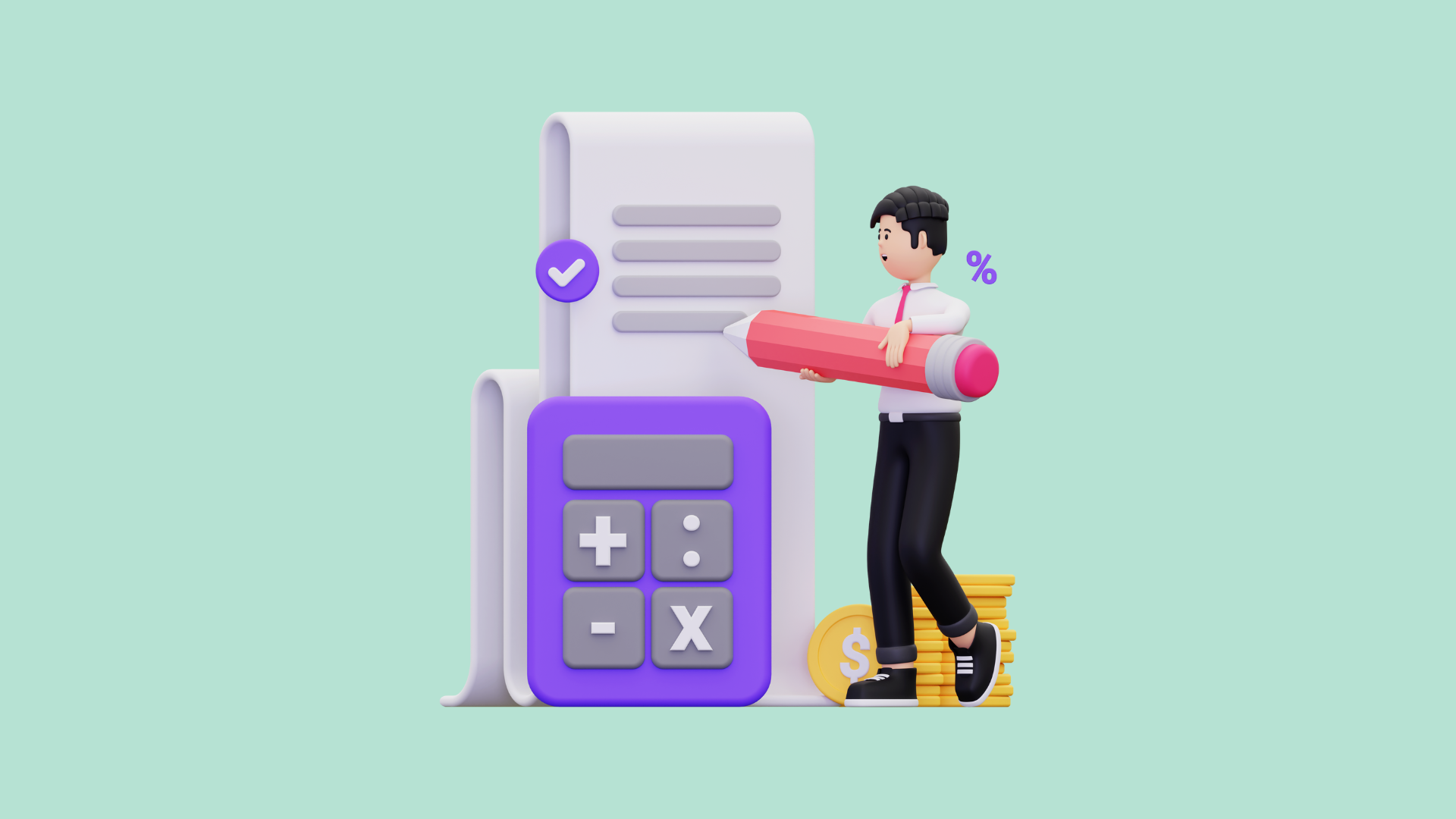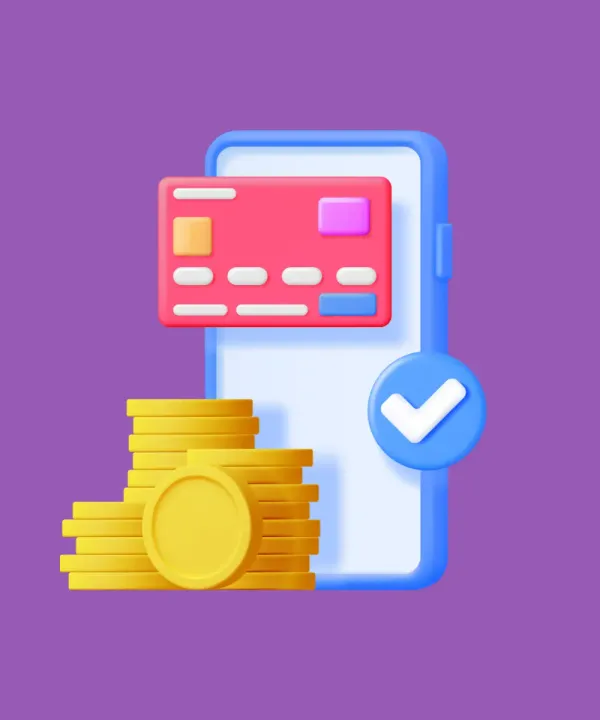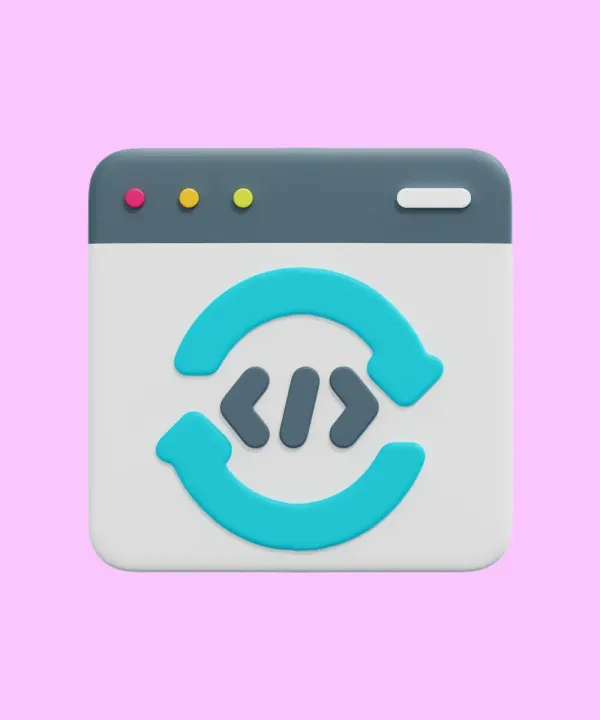In the digital age, the insurance industry is rapidly evolving. With the advent of mobile technology, insurance companies are increasingly turning to mobile applications to streamline their operations and enhance customer experience. This article will delve into the reasons for building an insurance app, the types of apps available, the digital insurance business model, and much more. It aims to be a comprehensive guide for businesses considering venturing into insurance mobile app development.
Why Do You Need to Build an Insurance App?
- Enhancing customer experience: Insurance apps offer convenience and personalization, meeting the digital expectations of customers. They provide easy access to policy information and claims filing, improving user satisfaction and loyalty.
- Streamlining operations: These apps automate and simplify processes like claims processing and customer data management, increasing efficiency and reducing operational costs.
- Data-driven insights: Mobile apps are valuable for collecting customer data, offering insights into behavior and preferences. This information helps insurers tailor their offerings and improve risk assessments.
- Increased accessibility: Insurance apps appeal to tech-savvy customers, providing easy and immediate access to insurance services, essential for engaging younger demographics.
- Competitive advantage: A well-designed insurance app can differentiate a company in a crowded market, attracting new customers and retaining existing ones with additional services and innovative features.
- Enhanced communication: Apps offer direct and convenient communication channels like in-app messaging and notifications, improving the customer service experience.
- Compliance and security: Insurance apps ensure secure data handling and compliance with regulatory standards, protecting sensitive customer information and transaction safety.
Types of Insurance Apps
The realm of insurance mobile apps encompasses a diverse range of applications, each catering to different insurance needs and market segments. Here's a detailed look at the various types of insurance apps available, in addition to the consumer-focused, agent-focused, enterprise, claim adjustment, risk management, and customer engagement apps discussed earlier:
Vehicle insurance apps
These apps cater to the automotive sector, offering services like coverage for car accidents, theft, and damage. Key features include:
- Easy claim filing: Streamlines the process of filing claims in case of accidents or theft.
- Premium calculators: Helps users calculate their insurance premiums.
- Road assistance services: Provides access to services like towing and roadside help.
Property insurance apps
Designed for homeowners and renters, these apps offer coverage for property damage due to events like fire, theft, or natural disasters. They typically feature:
- Property value calculators: Assists in estimating the value of the property for accurate coverage.
- Document storage: Safe storage for important documents like property deeds.
- Quick claim processes: Simplifies the process of filing and tracking property-related claims.
Health insurance apps

These apps are crucial for managing healthcare policies, with functionalities like:
- Claims tracking: Allows users to track the status of their health insurance claims.
- E-prescriptions and appointments: Facilitates access to electronic prescriptions and scheduling medical appointments.
- Direct communication: Offers channels for direct communication with healthcare providers.
Travel insurance apps

Aimed at travelers, these apps provide insurance for various travel-related contingencies and usually include:
- Policy purchase and management: Easy options for buying and managing travel insurance policies.
- Travel advisories: Provides up-to-date travel information and advisories.
- Emergency assistance: Access to emergency assistance services while traveling.
Business insurance apps
These apps cater to business owners, covering risks such as property damage, liability issues, and employee-related risks. Features often encompass:
- Policy management: Tools for managing various business insurance policies.
- Risk assessment tools: Helps businesses assess and manage different types of risks.
- Claim filing: Streamlines the process of filing business-related insurance claims.
Digital Insurance Business Model
The digital insurance business model has been evolving rapidly, primarily driven by technological advancements, data availability, and changing consumer behaviors. Here’s a view of the different models emerging in this space:
- Digital attacker model: This direct-to-consumer approach focuses on selling insurance online or via aggregators. It's characterized by streamlined, digital-first customer experiences.
- Digital omnichannel insurers: These insurers combine online platforms with traditional channels like brokers, bancassurance, or tied agents, providing a more comprehensive approach to insurance sales and customer service.
- Non-insurer ventures: This model involves businesses outside the traditional insurance industry, such as car manufacturers, offering insurance products. For example, an auto manufacturer may offer auto insurance as part of its sales package.
- Ecosystem or platform plays: This innovative model integrates insurance with broader services, often focusing on specific elements of the insurance value chain, such as distribution. It leverages partnerships and technology to offer a more integrated service experience.
Top 5 Best Insurance Apps
Let's delve into the standout features and unique offerings of some leading insurance apps that have carved a niche for themselves in the market:
GEICO Mobile

Revolutionizing car insurance services: GEICO Mobile, acclaimed for its high user ratings, streamlines car insurance with features like:
- Instant access to insurance cards: Provides digital versions of ID cards.
- Effortless account management: Simplifies bill payments and account updates.
- On-demand roadside assistance: Quick help for roadside emergencies.
- Hassle-free claim processing: Enables easy claim submissions and tracking.
- Interactive virtual assistant: An AI-based tool for customer inquiries.
- Maintenance and car care features: Includes reminders and augmented reality for vehicle upkeep.
Lemonade

Innovative home insurance app: Lemonade is a front-runner in home insurance, offering a seamless digital experience with:
- Smart AI chatbot: For quick and automated support.
- Tailored insurance policies: Customizable plans to fit individual needs.
- Charitable contributions feature: Option to donate unclaimed premiums.
- Extensive coverage options: Coverage for homes, cars, pets, and more, backed by powerful anti-fraud AI technology.
Cuvva

Flexible and smart car insurance: Cuvva distinguishes itself with its adaptable and intelligent car insurance solutions:
- Custom coverage duration: Flexible insurance options, from an hour to monthly plans.
- Dynamic pricing model: Prices based on personalized driving data.
- Driving insights for safety: Feedback on driving patterns for improved safety.
- Convenient reminders and referrals: Timely reminders for car-related tasks and rewards for referrals.
Metromile
Pay-per-mile car insurance pioneer: Metromile offers a unique, usage-based insurance model with features like:
- Personalized rate options: Customized insurance rates based on mileage.
- Detailed trip metrics: Insights into driving patterns, fuel usage, and time.
- Anti-theft locator: A tool to track lost or stolen vehicles.
- Smart alerts: Notifications for street cleaning to avoid parking tickets.
Oscar

Simplifying health insurance: Oscar brings a fresh approach to health insurance management with its intuitive app, featuring:
- Easy symptom lookup: Quick search functionality for health concerns.
- Doctor selection and scheduling: Streamlines the process of finding and booking appointments with healthcare professionals.
- Digital health records: Convenient access to medical information and prescriptions.
- Virtual health consultations: Offers telemedicine options for remote healthcare advice.
Best Features of an Insurance Mobile App
The most effective insurance mobile apps incorporate a range of features designed to enhance user experience and streamline insurance management. Here's a view of the key features:
| Feature | Description |
|---|---|
| Admin panel | Enables insurers to manage policies, claims, and interact with customers. |
| Policy details | Provides access to policy information, terms, and conditions. |
| Quote & filters | Allows for getting insurance quotes and applying filters to find suitable options. |
| File a claim | Simplifies the process of filing claims, making it more efficient. |
| Payment gateway | Offers secure payment options for premiums and other charges. |
| Customer support | Provides assistance for queries or issues, including chat support. |
| Push notifications | Sends updates about policy renewals and other important information. |
| Document upload/storage | Enables easy upload and storage of important insurance-related documents. |
Tech Stack for Building an Insurance App
The tech stack for building an insurance app is a crucial aspect that determines the app's functionality, stability, scalability, and security. Key components typically include:
- Front-end development: Technologies like Flutter for cross-platform app development, ensuring a seamless user interface across different devices.
- Back-end development: Robust server-side languages such as Node.js or Python, often used for complex data handling and backend logic.
- Database management: Firebase, known for its compatibility with Flutter, offers real-time database management, enhancing app responsiveness.
- Cloud services: Platforms like AWS or Azure for scalable, secure cloud hosting and storage solutions.
- APIs: Integration of various APIs for functionalities like payment processing, geolocation services, and third-party data access.
- Security tools: Implementation of cybersecurity measures, including SSL certificates, data encryption, and secure authentication protocols.
- Analytics and reporting: Tools for real-time data analytics and reporting, essential for personalizing user experiences and making data-driven decisions.
- DevOps tools: Utilization of DevOps tools for continuous integration and delivery, ensuring smooth deployment and updates of the app.
Steps to Develop an Insurance App

- Discovery phase: This initial phase involves market analysis, competitor analysis, and cost analysis. It's about understanding the InsureTech sector and defining the development process. This phase is critical for aligning the app's features with market demands and the brand's voice.
- Design phase: Focus on crafting a user-friendly and visually appealing design. This phase encompasses the layout, graphics, and overall user experience design of the app.
- Development phase: Here, the actual coding and creation of the app happen. This phase involves implementing the front-end and back-end of the app, ensuring all features and functionalities are correctly integrated.
- Testing phase: A crucial step to ensure the app is free of bugs and glitches. This phase involves rigorous testing for usability, performance, security, and compatibility.
- Deployment phase: Once the app passes all tests, it's time for deployment. This involves launching the app on various platforms like the App Store and Google Play.
- Marketing and maintenance: Post-launch, focus on marketing the app to reach a wider audience and regularly updating it for performance improvements and new features.
Cost to Create an Insurance App

The cost of developing an insurance application varies significantly based on its complexity and the types of features included. Here's an overview of the cost estimates categorized by app complexity, along with examples of the types of insurance apps that typically fall into each category:
Basic app
Estimated cost: $20,000 - $40,000.
Typical features: Standard features such as policy viewing, basic claims processing, and payment gateway.
Examples of app types:
- Simple claim filing apps: Apps focused primarily on filing and tracking claims.
- Basic policy management apps: Apps that allow users to view and manage their insurance policies.
- Vehicle insurance apps: Basic apps for vehicle insurance with straightforward features.
Medium complexity app
Estimated cost: $40,000 - $80,000.
Typical features: Advanced functionalities like chat support, custom policy modifications, integration with external APIs, and intermediate security features.
Examples of app types:
- Comprehensive vehicle and property insurance apps: Apps with additional features such as roadside assistance for vehicle insurance or property value calculators for home insurance.
- Health insurance apps: Apps that include features for scheduling medical appointments and tracking health claims.
- Travel insurance apps: Apps offering travel-related insurance services with features like quick policy purchases and travel advisories.
Highly complex app
Estimated cost: $80,000 - $200,000+.
Typical features: Comprehensive features including AI-based personalization, real-time analytics, advanced security protocols, IoT integration, and sophisticated user interfaces.
Examples of app types:
- Integrated insurance platforms: Apps that offer a range of insurance services (health, vehicle, property, life insurance) with extensive features.
- Enterprise-level apps for insurance companies: Complex apps designed for internal use by insurance companies, including features for data analytics, workflow automation, and employee collaboration.
- Advanced health and life insurance apps: Apps with features like fitness tracking integration, AI-driven health advice, and comprehensive policy management for various health and life insurance products.
Conclusion
Insurance mobile app development is a strategic necessity in today's digital era. It's not only about keeping up with technological advancements but also about seizing new opportunities in customer engagement and revenue generation. By understanding the types of apps, adopting the right business model, integrating essential features, and choosing the appropriate tech stack, businesses can develop successful insurance apps. The investment, while significant, promises substantial returns in terms of operational efficiency and customer satisfaction.
For those looking to embark on this journey, What the Flutter offers expertise and guidance in mobile app development, ensuring that your insurance app not only meets but exceeds market expectations. Contact us today to transform your insurance business with a cutting-edge mobile app.











